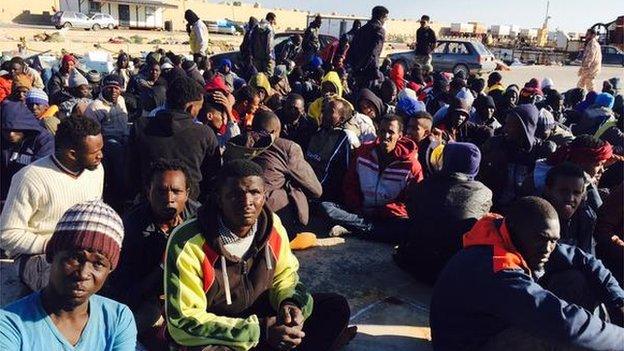PM pledges UK 'contribution' to Mediterranean searches
- Published
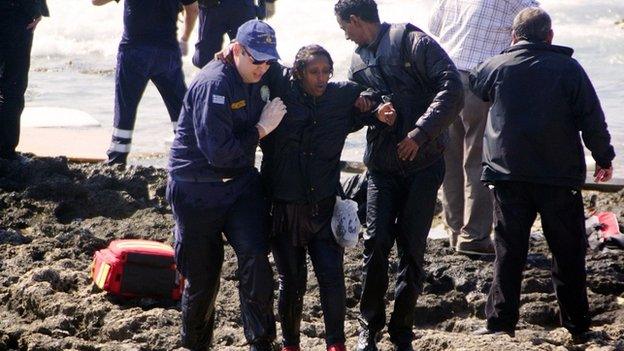
A boat carrying more than 80 migrants sank off the Greek island of Rhodes on Monday
The UK will contribute to search-and-rescue efforts in the Mediterranean, to help stop migrants becoming a "cargo of death", David Cameron has said.
He will set out the details at a European leaders' meeting on Thursday.
About 800 migrants from Africa and the Middle East are thought to have died when boats sank off Libya on Sunday.
The European Union withdrew funding for Italy's "Mare Nostrum" search-and-rescue operation last year, replacing it with the smaller Operation Triton.
The Ministry of Defence is looking at a number of options for offering assistance, the BBC understands.
Defence correspondent Jonathan Beale said one option would be to use the Royal Navy's flagship HMS Bulwark - due to arrive in Turkey this week for the centenary commemoration of the Gallipoli campaign - to help aid search and rescue.
He said a type 45 destroyer, HMS Dauntless, was also on its way to the region following a deployment in the Gulf.
Another option would be to station Royal Navy Merlin or Sea King helicopters on Malta, our correspondent added, but a defence source said no decisions had yet been made.
'Comprehensive approach'
On Thursday, the prime minister will attend an emergency summit of European leaders in Brussels to discuss the Mediterranean crisis.
Speaking to BBC Radio 5 live, Mr Cameron said the aim was to stop people travelling and "to stop this cargo of death".
He said: "We've got one of the strongest and best-organised aid budgets anywhere in Europe and we can help stabilise some of these countries.
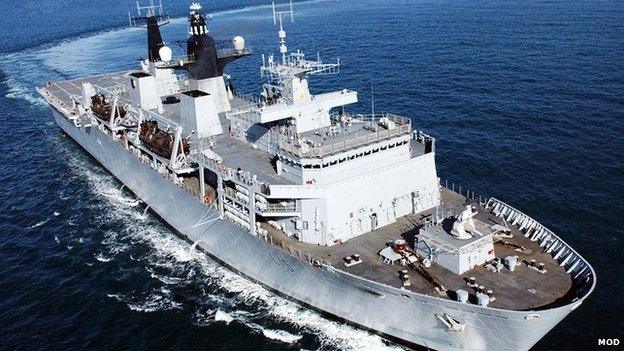
HMS Bulwark is heading to Turkey for the centenary commemoration of the Gallipoli campaign
"We've obviously got all sorts of resources at our disposal in terms of national criminal intelligence systems and intelligence services where we can go after the criminal gangs."
The PM said the decision to end the Mare Nostrum operation had been taken in Europe "to change the approach, because at that time it seemed that more lives were being lost because of what the Italian navy was doing".
"More people were taking to the sea, more people were dying."
'More formidable operation'
Foreign Secretary Philip Hammond told the BBC's Daily Politics that he wanted a "more formidable operation on the sea".
"Nobody wants to see people drowning in the Mediterranean," he said.
Labour leader Ed Miliband has previously said rescue patrol operations should be restarted.
He has said EU proposals to ease the migrant crisis do not go "nearly far enough" and has warned that it will be "a stain on the EU" if proper action is not taken.
Deputy Prime Minister Nick Clegg said it had been a mistake to abandon the original search-and-rescue operation.
He told Channel 4 News: "Clearly what we should have done, with hindsight, is do more as the European Union to invest and make sure that the long arm of the law really reaches out to destroy the boats, to destroy the network of illegal human traffickers and smugglers."
On Monday, Greek coastguards and locals rescued about 80 migrants whose boat had run aground off the island of Rhodes.
Three people died, including a child.
- Published21 April 2015
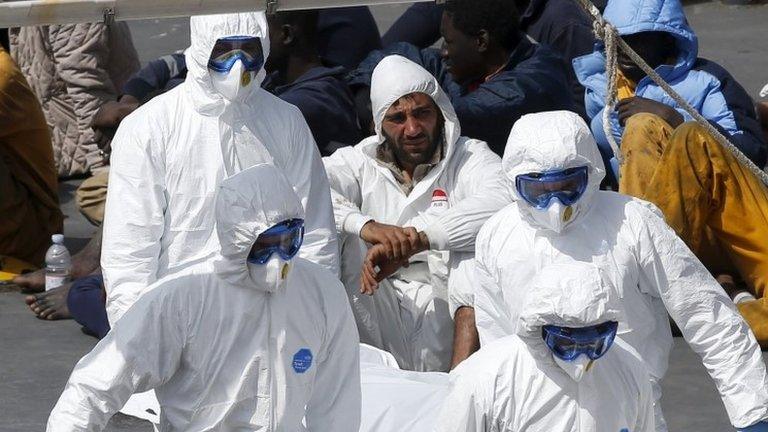
- Published21 April 2015
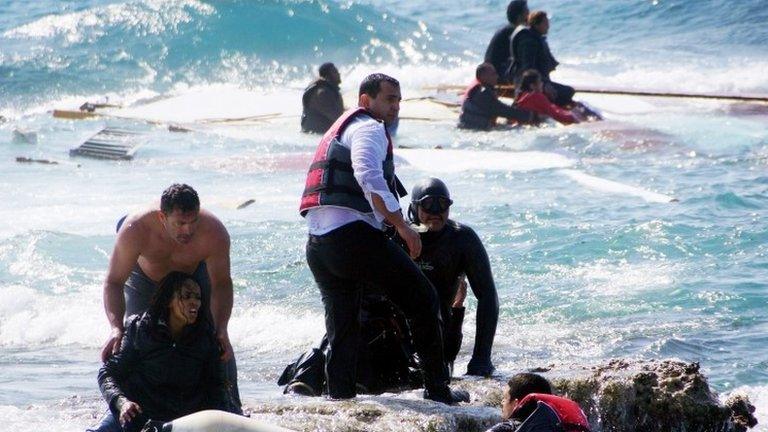
- Published3 March 2016
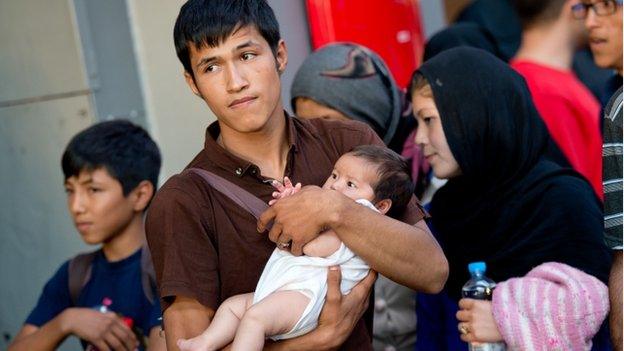
- Published20 April 2015
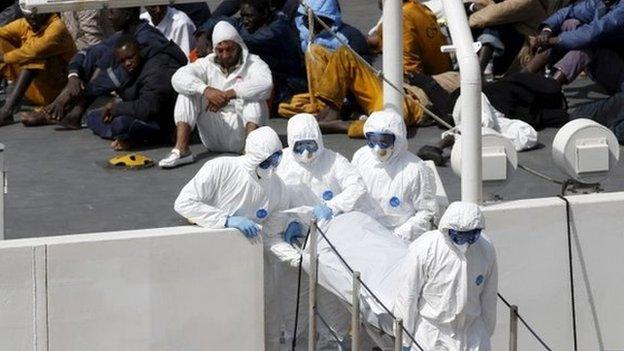
- Published13 May 2015
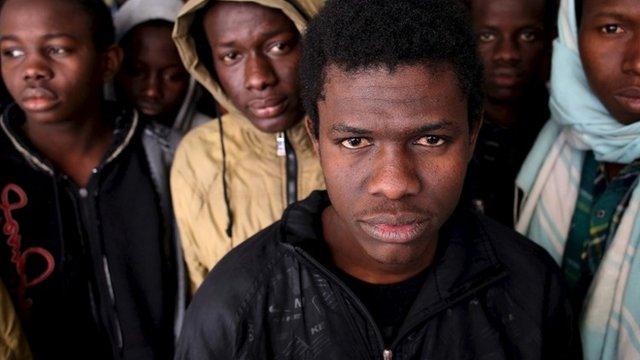
- Published19 April 2015
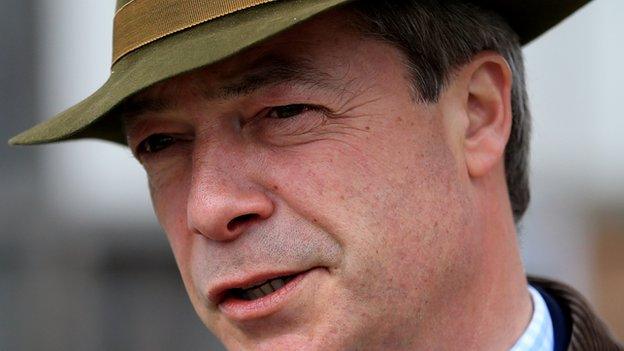
- Published15 April 2015
